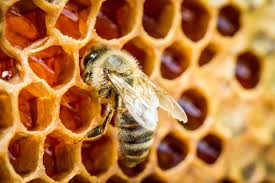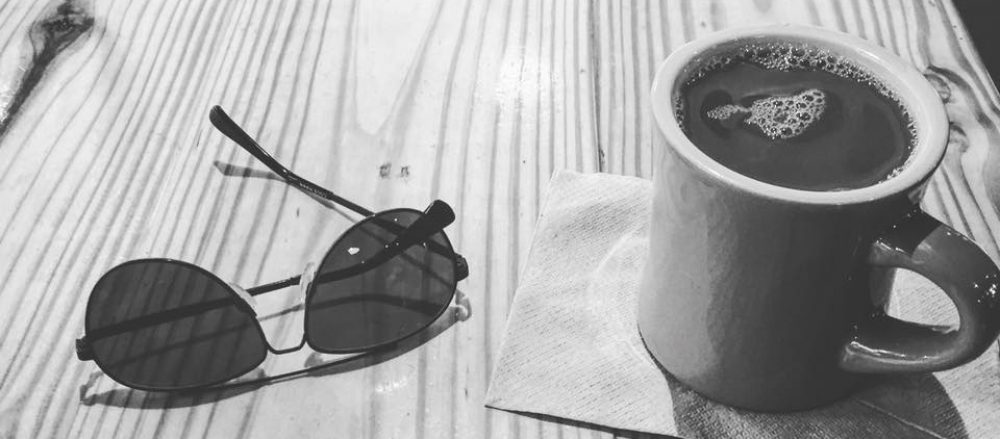
“You don’t lead a church anymore, right?” Alistair asked from the backseat this morning. We were stopped at a stoplight, and like his little brain does, that question just came out of the blue.
“Right,” I said, staring ahead.
“But you’re still a pastor, right?”
His follow-up question was innocent. He was trying to figure it out. Honestly, in many ways, I’m still trying to figure it out.
“I am,” I said.
My exit from the formal pulpit was tough and not easy and complex. It was hard to explain except for, well, I knew in my gut it was the right thing for everyone involved…even if it didn’t always feel like the right thing, especially to those watching from afar.
Why would you do something so difficult if it wasn’t the right thing, Beloved?
But, and I was reflecting on this the other day because I was chatting with a colleague, there is still a sense of “failure” for pastors not in a formal pulpit. It might be particular to my age bracket, but it’s real enough. It’s real even when you continue to work in the non-profit sector. It’s real even when you continue to contribute to the formal life of the church. It’s real even when you do get occasion and invitation to preach and teach and do the things that marked your former formal vocation.
Failure. Shame. Even when it’s the right thing.
And I think that’s something no one ever tells you when you’re growing up: sometimes doing the right thing can feel like failure.
It takes courage. I know this. I lived it. But it often feels more like crap in the moment.
Part of it is attachment. In all my leave-taking from congregations there has been this immense attachment that we’ve had to one another. When you pour your life into something, and people put their trust in you, well, the bonds are not easily severed.
“You don’t really care about us,” came one email.
“I get that it’s good for you, but it’s bad for us,” came another.
When my father left one of his parishes, one parishioner who we deeply loved, who took care of us as kids, whose house we went to and whose pool we swam in, said over and over to him, “Damn you! Damn you!” on his last Sunday.
I remember looking at him in that moment, his head down, not sure what to say. It was grief speaking. All of the above is. Grief and anger and confusion.
Trust me: that’s felt on all sides of the equation.
There were other notes, too.
“You did so much,” and, “You meant so much.” Lots of those. It’s always a mixed bag, right? And they’re said with love. I want to say all comments, even the hard ones, are said with love.
Love shouldn’t hurt physically, but it can sometimes wield an emotional sword that shows no mercy, Beloved.
All leave-takings are confusing and complicated and you try to do them the best you can.
So much of the pastorate feels so overly intimate that it is absolutely impossible to shoulder sometimes. Not only can you not be what others need you to be or expect you to be, I’ve come to the conclusion that a pastor shouldn’t be those things…it’s not healthy in the long run.
Identities become confused. Roles become infused. In work with such a porous border, with such ill-defined relationships, it’s easy to confuse your identity with the work.
I know it is not failure at all. It’s discernment. Wisdom sometimes whispers something that’s difficult to follow but important to heed, and speaks it so softly that sometimes no one else except a few really hear it.
I’ve learned this. Intellectually I know this. And I think it’s true for all people, not just pastors.
But the heart still sags a bit when you recall that you couldn’t be what others wanted you to be.
And I don’t write any of this for any sort of pity. It’s just an honest reflection; that’s all. Christian Wiman writes that just as we are sometimes called to things, sometimes we are called from things.
I’ve come to believe this, intensely.
Today on my run I had all these things on my heart.
When I returned and was prepping for a meeting, I stumbled quickly upon this poem by Antonio Machado:
“Last night, as I was sleeping
I dreamt–marvelous error!–
that I had a beehive
here inside my heart.
And the golden bees
were making white combs
and sweet honey
from my old failures.”
And I let out a deep, deep breath.
This pandemic has given ample time for self-reflection, for retracing the timeline of my life, especially as I near 40. And, as my Enneagram type is wont to do, I see more stumbles than successes. Perhaps that’s true for most of us.
But the hardest things, while they’ve felt like stumbles, like failures, I still hold on to the deep hope that they were hidden wisdom and that the bees in my heart are working furiously.
Furiously!
Making those perceived failures into a honey that will, eventually, be proven the right sweet ingredient to live into a life of purpose.
I hope that’s true in your life, too. I hope those bees are furiously making honey out of anything you perceive to be a failure and, in the end, you’ll realize how sweet it all was.

 I was running today, listening to a podcast where they were discussing one of my favorite Buddhist authors, Pema Chodron, and her book
I was running today, listening to a podcast where they were discussing one of my favorite Buddhist authors, Pema Chodron, and her book  Frozen 2, you were so close.
Frozen 2, you were so close. Covid-19 is set to put most everything on hold in the United States, as it is already doing in China, Italy, South Korea, and Norway.
Covid-19 is set to put most everything on hold in the United States, as it is already doing in China, Italy, South Korea, and Norway. Watching Netflix’s
Watching Netflix’s  Phrases I Think Christians Shouldn’t Say
Phrases I Think Christians Shouldn’t Say